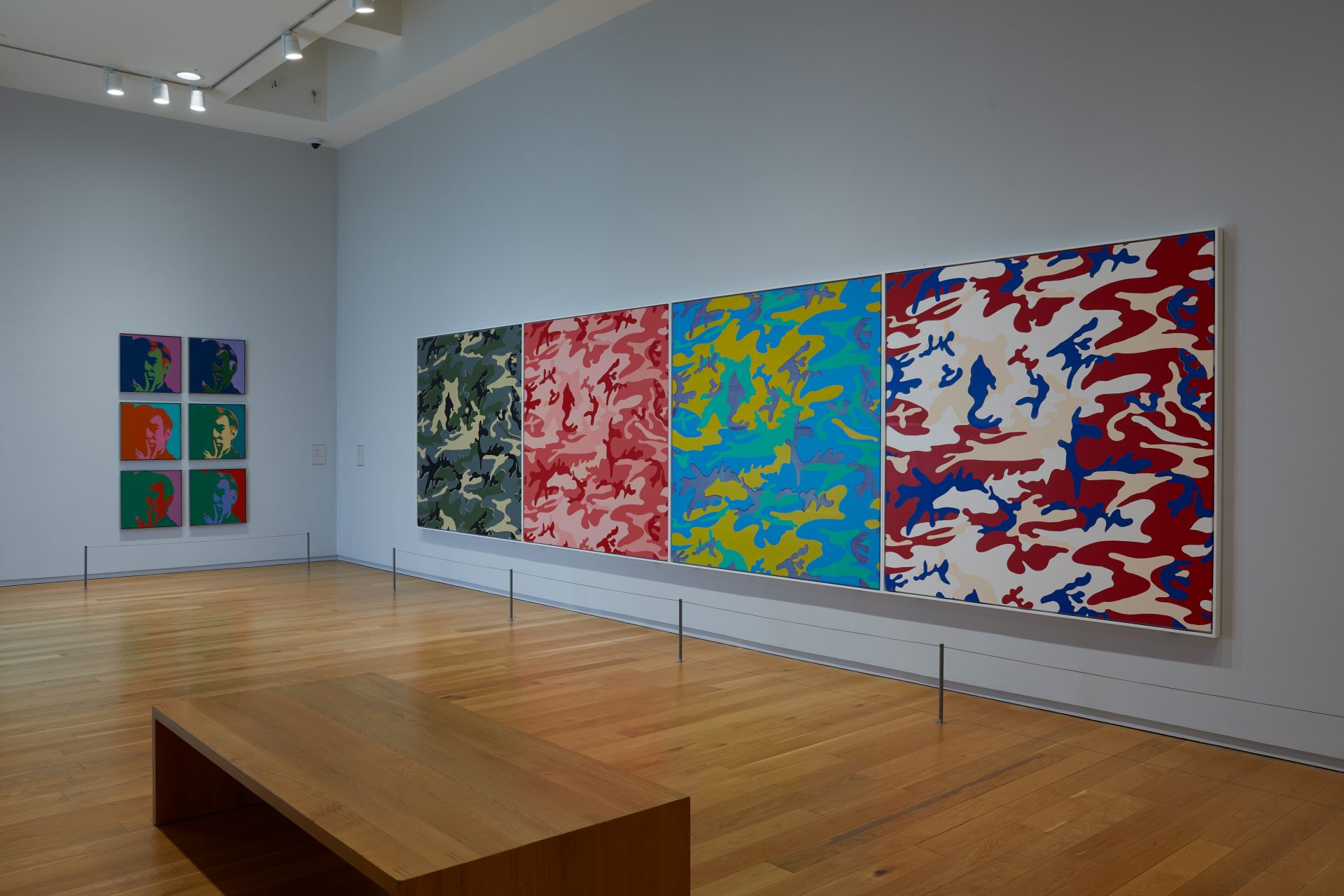Andy Warhol’s life and work have been interpreted in many ways.
Thursday 23 November, 1pm
Andy Warhol and Philosophy; From the Sublime to the Superficial to Sublime Superficiality.
Lecturer: Dr Connell Vaughan
Lecturer in Aesthetics and Cultural Policy, Program Chair, Creative Industries and Visual Culture (CIViC), TU Dublin School of Art and Design. City Campus.
Andy Warhol’s life and work have been interpreted in many ways. Be it as a prophet of celebrity and the power of images, a sign of the vacuous commercialisation of contemporary culture, or a legitimate target for assassination, he continues to attract heated discussion. In this talk, I will specifically consider the concepts that a variety of philosophers have deployed to interpret Andy Warhol. I will, for example, detail how Arthur Danto used Warhol’s work to argue for a theory of art that emphasises the essential role of the “conceptual atmosphere” of the artworld. In contrast, Roger Scruton bemoaned the advent of pop art and regarded Warhol’s art as a shallow embrace of kitsch. More recently philosophers such as Michael Angelo Tata have tried to bridge these opposing positions, arguing that in Warhol we experience a “sublime superficiality”. In each case, I will show how for philosophers Warhol has come to represent all that is good and bad in contemporary art. As Jean Baudrillard noted, Andy Warhol was “a hypermodern communicative prophet, a free floating signifier that simultaneously means nothing and everything”.






